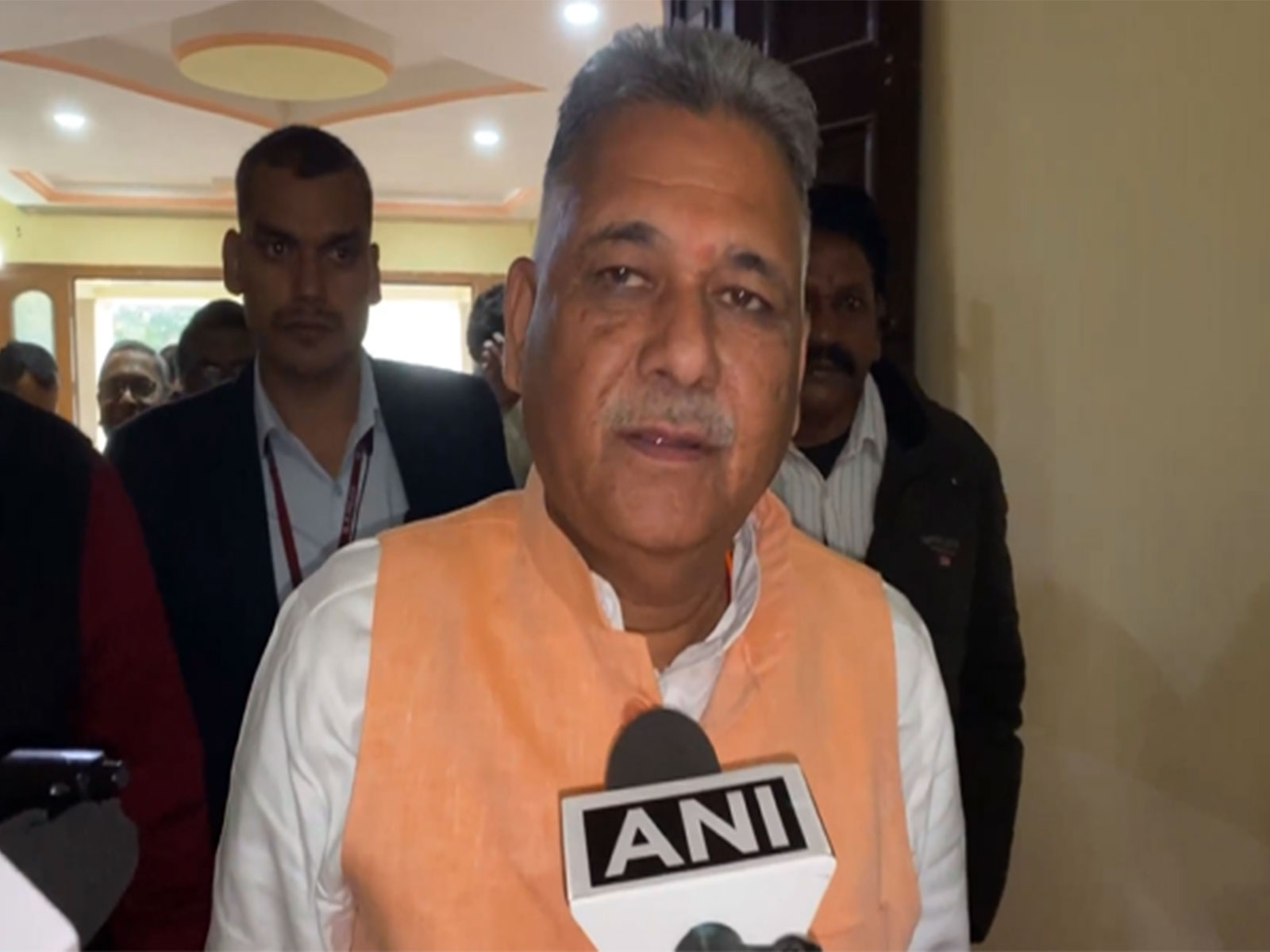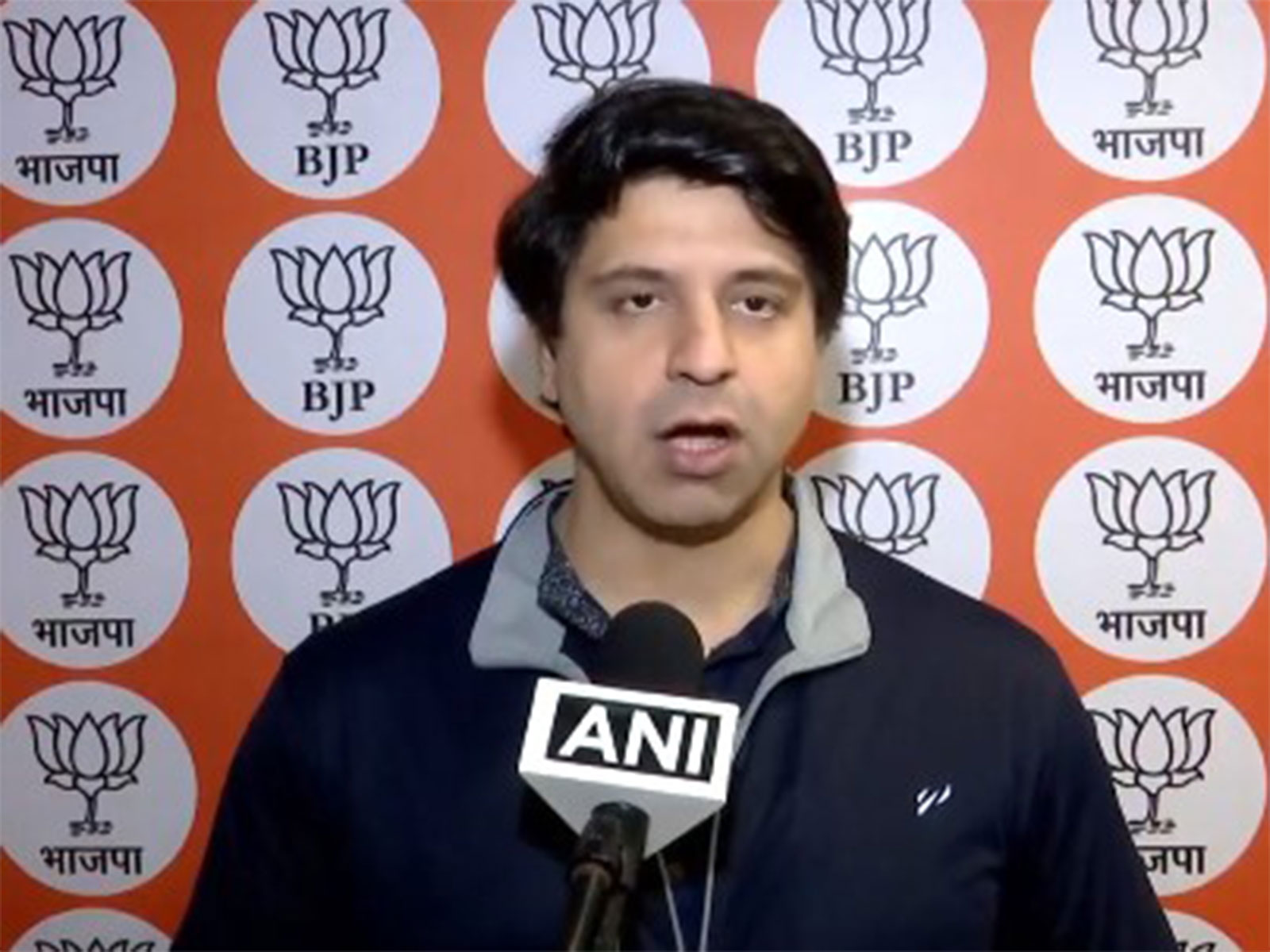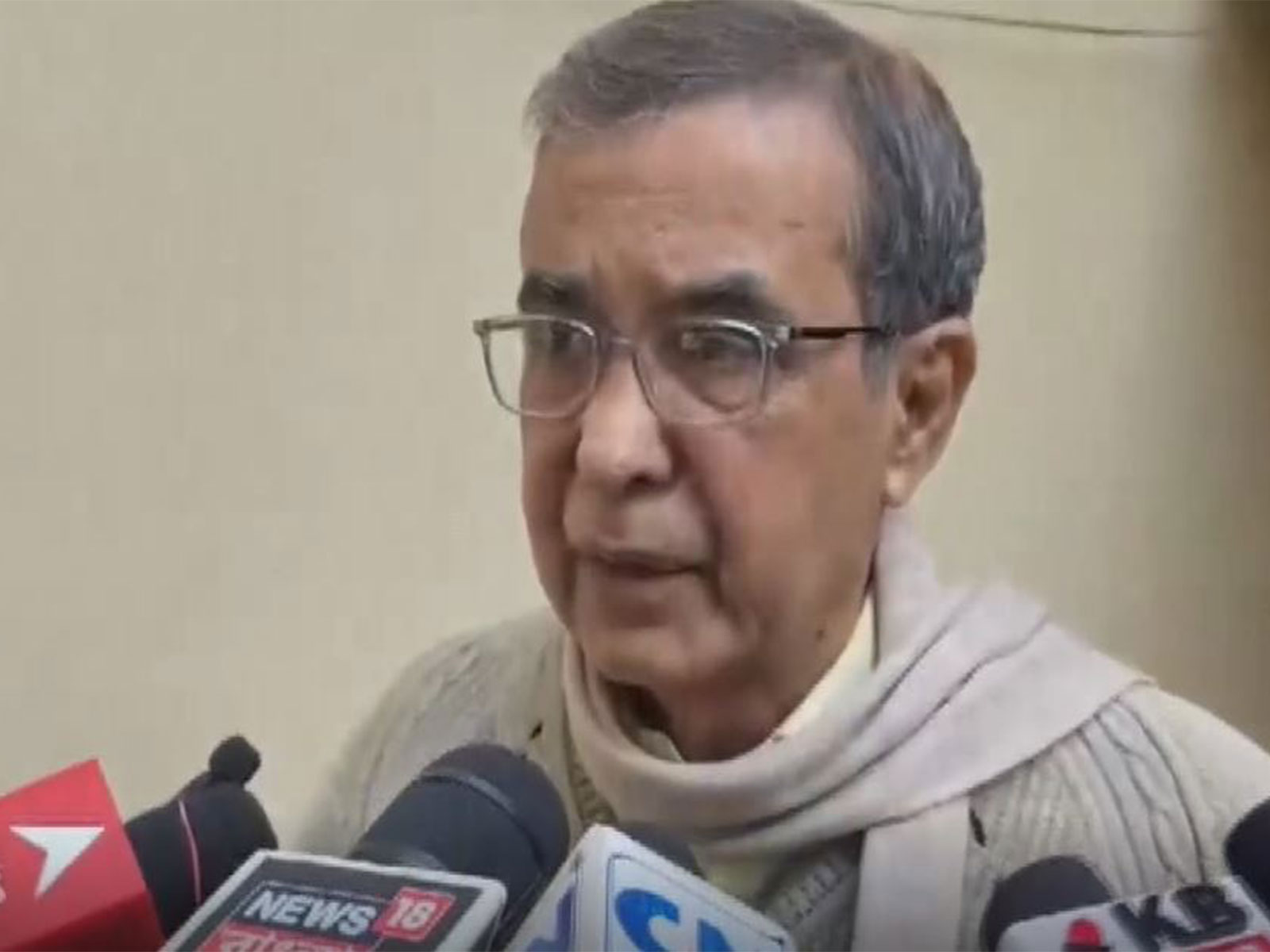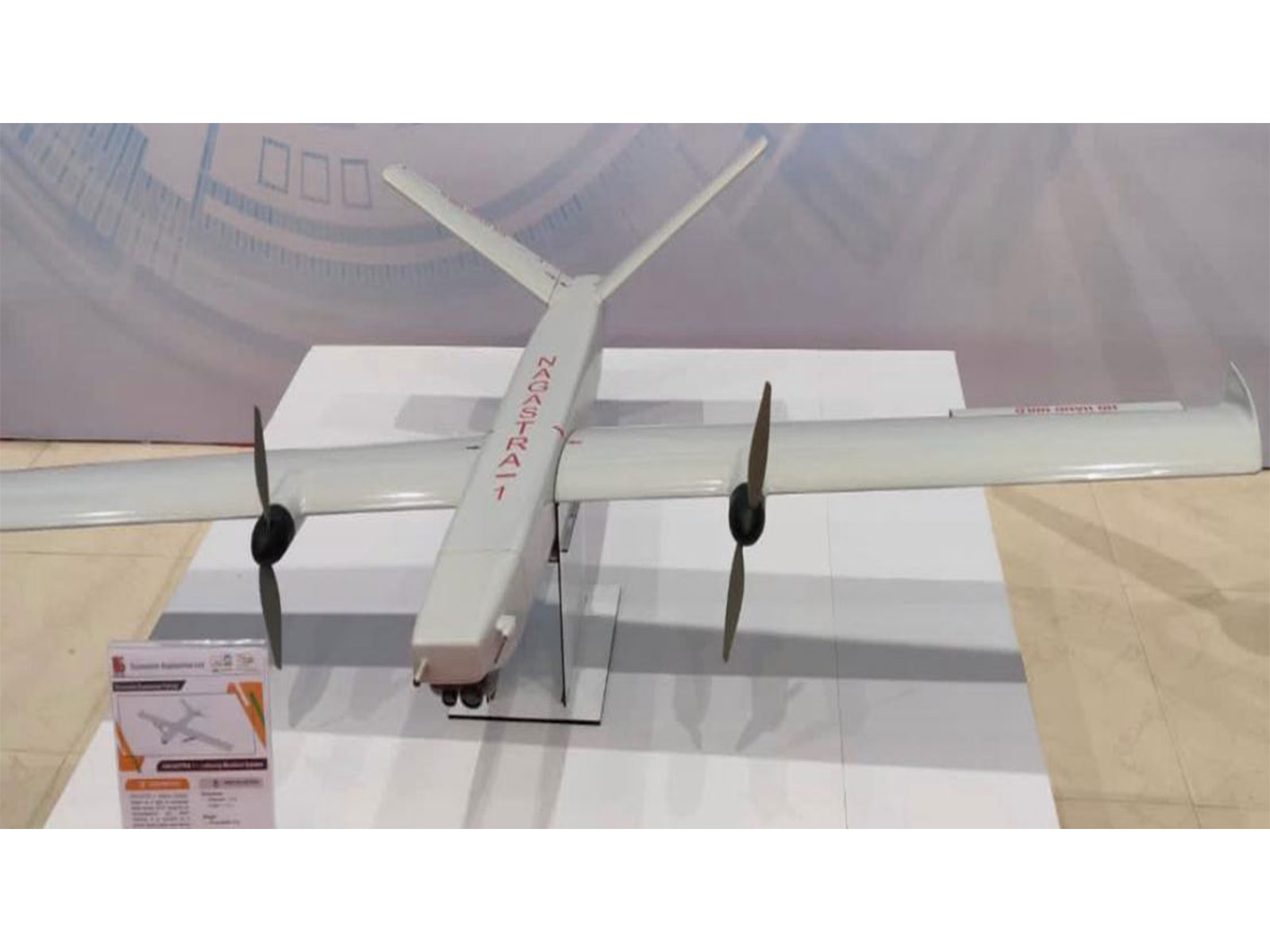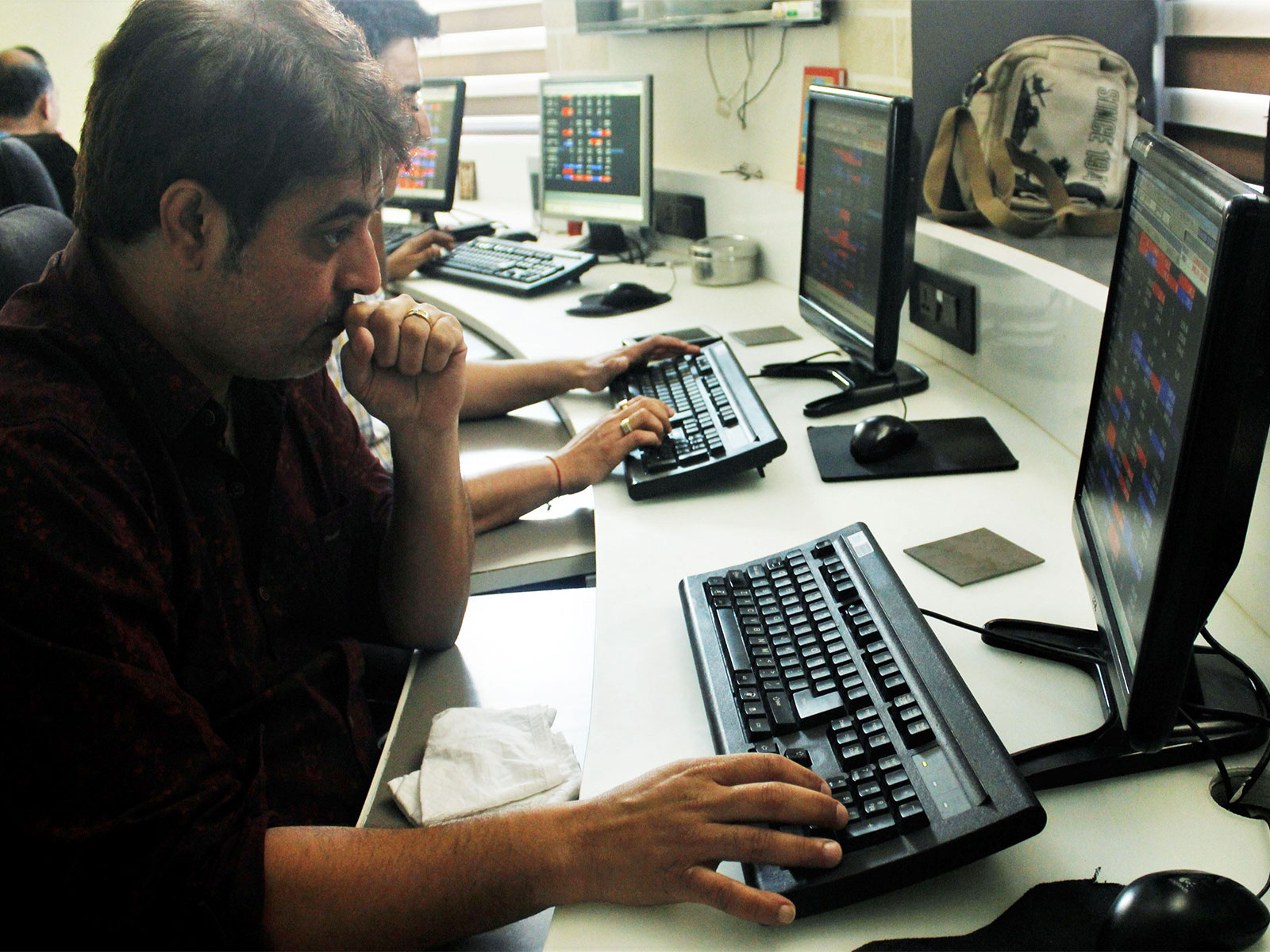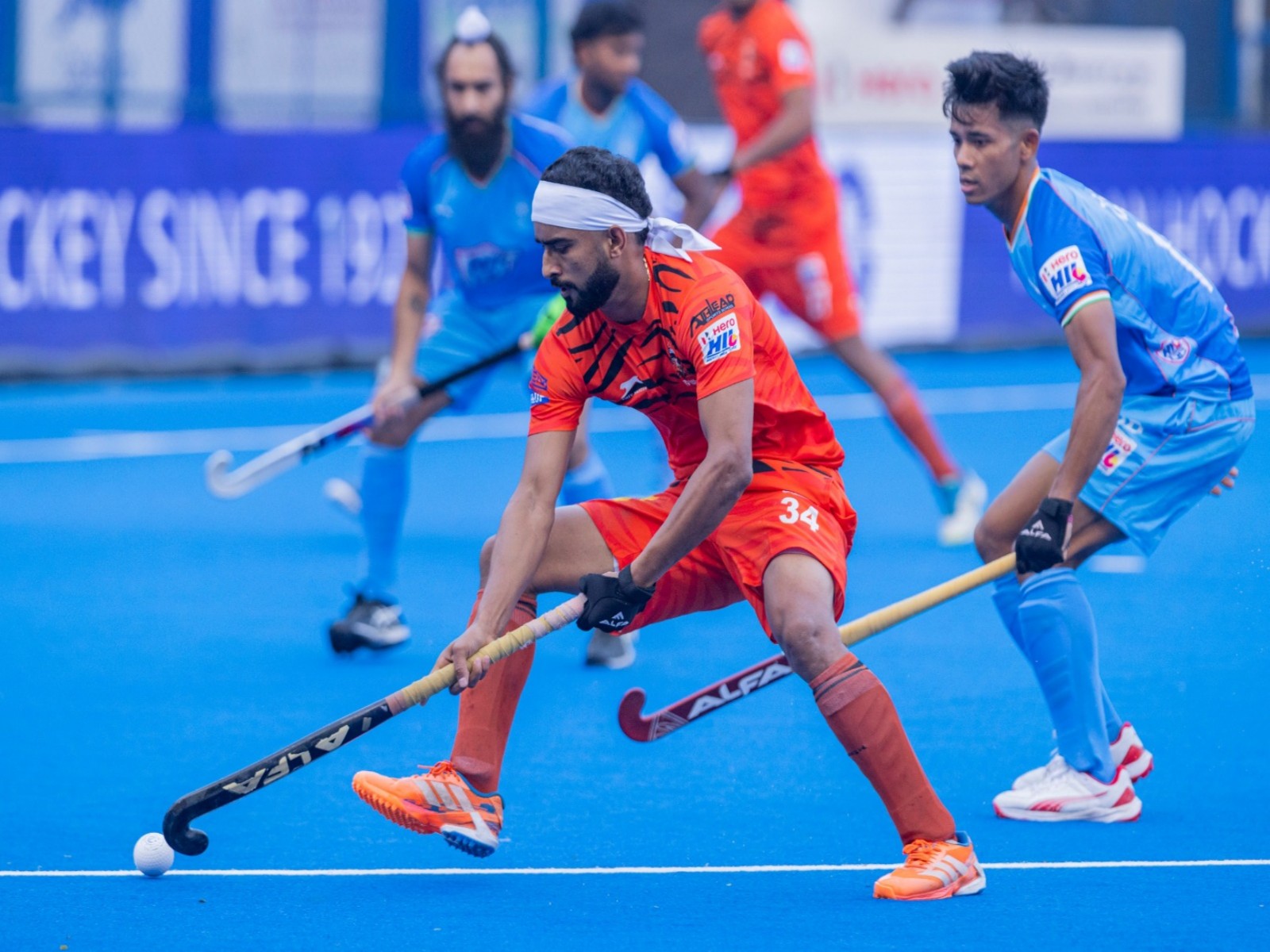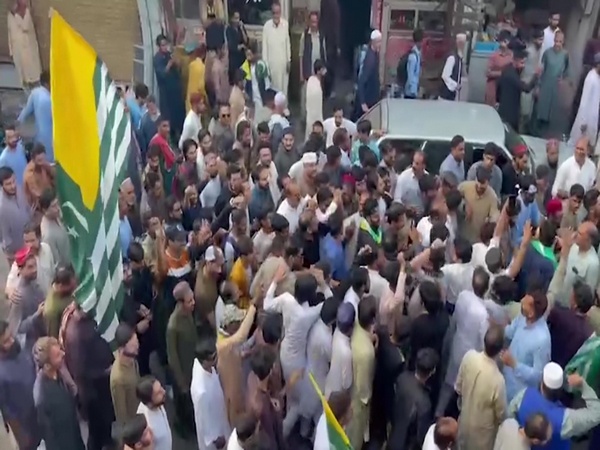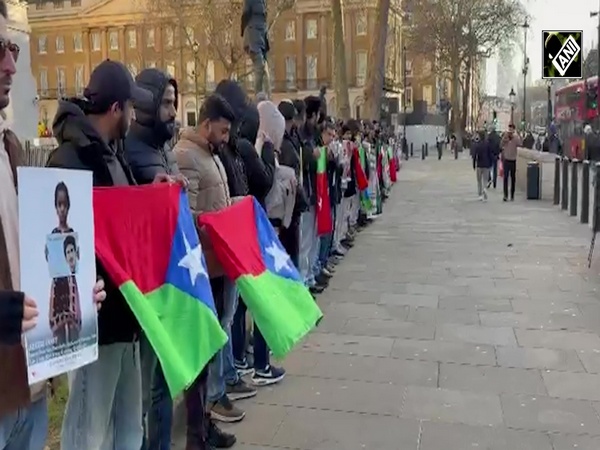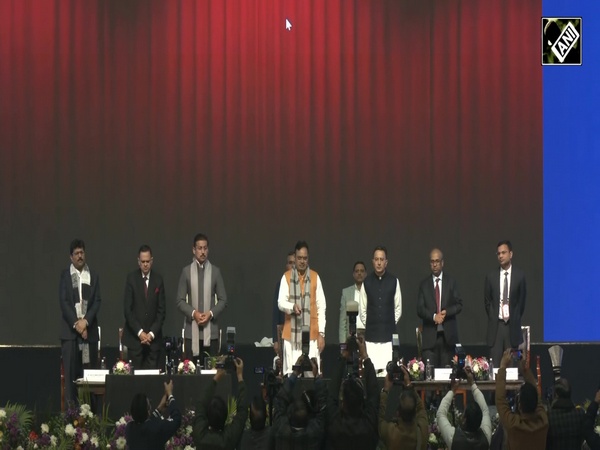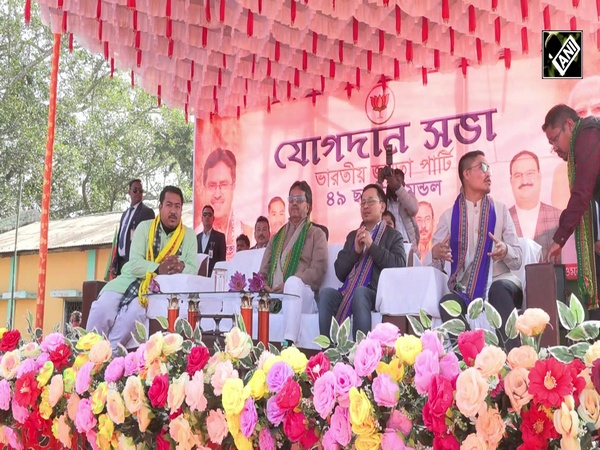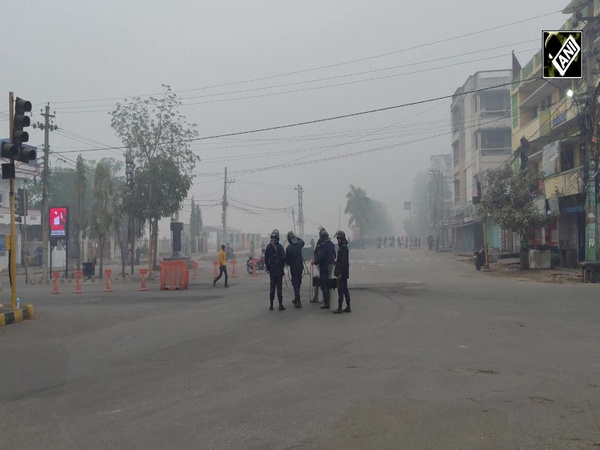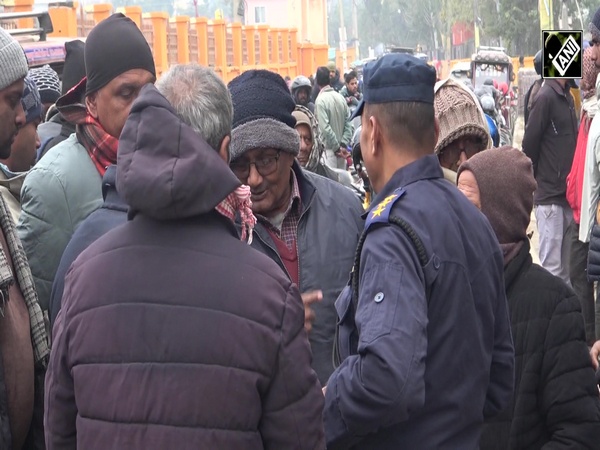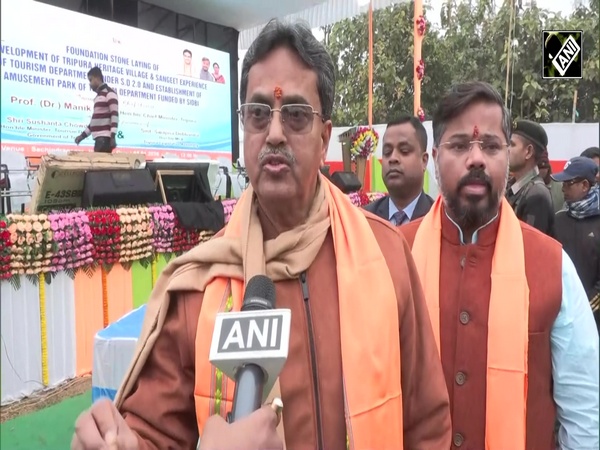India reserves right to take action if China violates agreement: Former Army Chief
Dec 14, 2022

New Delhi [India], December 14 : India reserves the right to take any action that it deems fit if China violates the terms of the 1993 agreement, former Army Chief General MM Naravane said while stressing that the neighbouring country is violating the agreement "time and again".
The remarks of the former Army Chief came days after the latest face-off occurred between the Indian Army and the Chinese soldiers in the Tawang sector of Arunachal Pradesh on December 9.
In 'Podcast with Smita Prakash', General Naravane said that during the Galwan Valley clash between the Indian and Chinese troops in 2020, the Indian Army was not taken by surprise, however, it did not "expect them to violate" the agreement.
In the 1993 agreement between India and China, it was decided that there will be no unilateral change of status quo and the use of weapons.
"This was the agreement I was referring to, 1993 one in which it is specifically mentioned that there will be no unilateral change of status quo. You will not come with weapons and arms. But if you are now coming with clubs with barbed wire, what does that mean? You violated the agreement," he said.
"Over the years, there have been many protocols which have been laid down, whether it is on border peace and tranquillity agreement or protocol on confidence-building measures. In all of them, there were various provisions to make sure that such clashes do not occur. For example, if two patrols come face to face, they have to stop wherever we first see each other. And then only the leaders come up along with one buddy and negotiate at that point and go back. They are not supposed to come close," General Naravane added.
He said that there were violations of the agreement over a period of time and the Indian Army had to counter them at some point.
"The strength of the patrols has been laid down. If both sides have equal strength, the chances of a clash are less. But if one side is 500, and the other side is 15, obviously the side which is 500 feels emboldened. Over a period of time, there were violating one by one all the provisions of those agreements. At some point, we had also to counter them. If they were violating, we had to take countermeasures. That is what I mean by being more assertive and not taking things lying down," General Naravane said.
Citing the violations by the Chinese army along the Line of Actual Control, the former Army Chief said, "Whenever patrolling is going on, we always come to know that the patrols are there and they are coming. When they are assembling, we do come to know that they are assembling. It's not that you are taken entirely by surprise."
"But the fact is that we don't expect them to violate an agreement. It is the agreement that is being violated time and again. That is the point to note. If you are violating the agreement, we reserve the right to take any action that we deem fit," General Naravane added.
He outlined that the transgression attempts were not only made in Eastern Ladakh, but also in different parts of the LAC, which is again a violation of the agreement. General Naravane said that since China violated the agreements which gives a free hand to India to fire.
"The transgressions are not localised to only Eastern Ladakh. We have areas of different perceptions right from eastern Ladakh to Arunachal. These transgressions are happening from time to time in various places, in eastern Ladakh, in Central sector Barahoti, in Sikkim, in Arunachal. So this is something we are always prepared to counter. But as I said, the previous agreements which are in place, categorically rule out the use of force or resorting to firing. You cannot observe only one paragraph of the agreement and violate all others. If you have violated all others, then I am free to fire. So you cannot accuse me of firing when you have done all the violations," he said.
"Does that mean that you will come with 5,000 people and I will just keep sitting? Obviously, I will fire. That is what they were scared of. The moment we opened fire, they realised they made a mistake in this whole gamut of this border agreement has gone to a different level altogether. That is what imposed a caution on them. For the first time ever, they were cautious that this tactic or strategy of theirs of trying to overwhelm by superior force will not work in the face of India retaliating or opening up," the former Army Chief added.
Asked if Galwan was the first such attempt in which the Chinese army used clubbed wires, he said that this has happened earlier also.
"They have been doing that earlier. They have been continuously violating the agreement. Now that you have violated half the agreement, that doesn't mean that we will keep sitting silent. We will do something, and we did that," he said.
General Naravane pointed out that the long-term strategy of China has been to "keep inching forward and keep probing India" for any possible weakness.
"And if there is a weakness, then come and sit there and then say that this is how it always was. Therefore, every small probing action has to be contested," he said.
Talking about the restraint practised by the Indian soldiers while engaging with the Chinese troops, the former Army Chief said that the Indian soldiers have to follow the agreement and not open fire during the attack.
"I would like to clarify that we carry weapons. It is not that weapons are not carried. That is where our men have to exercise great restraint that in the face of provocation, not to fire because we are as gentlemen following the agreement. But when the PLA was violating the agreement, we also told them that if they are violating, then we are free to take whatever action we want to take in our self-defence," he said.
However, General Naravane clarified that the soldiers carry their weapons while patrolling along the LAC, and said that they are ready to meet any eventuality.
"When you go on patrol, you go totally armed and expecting the worst. You carry your firearm, rifle, Light Machine Guns, and ammunition. You are ready to meet any eventuality. It's not that you will go patrolling with danda (stick) in your hand. Somewhere it came that Indian troops are unarmed. I'm sorry, that is not the correct statement or report which came at that point. Every patrol which goes, goes ready to meet an eventuality. They are armed as per the laid down scales and as per the patrol they are going for. They are equipped accordingly. If the patrol has to cross some water obstacle, we carry the expedient to cross the water obstacle," he said.
